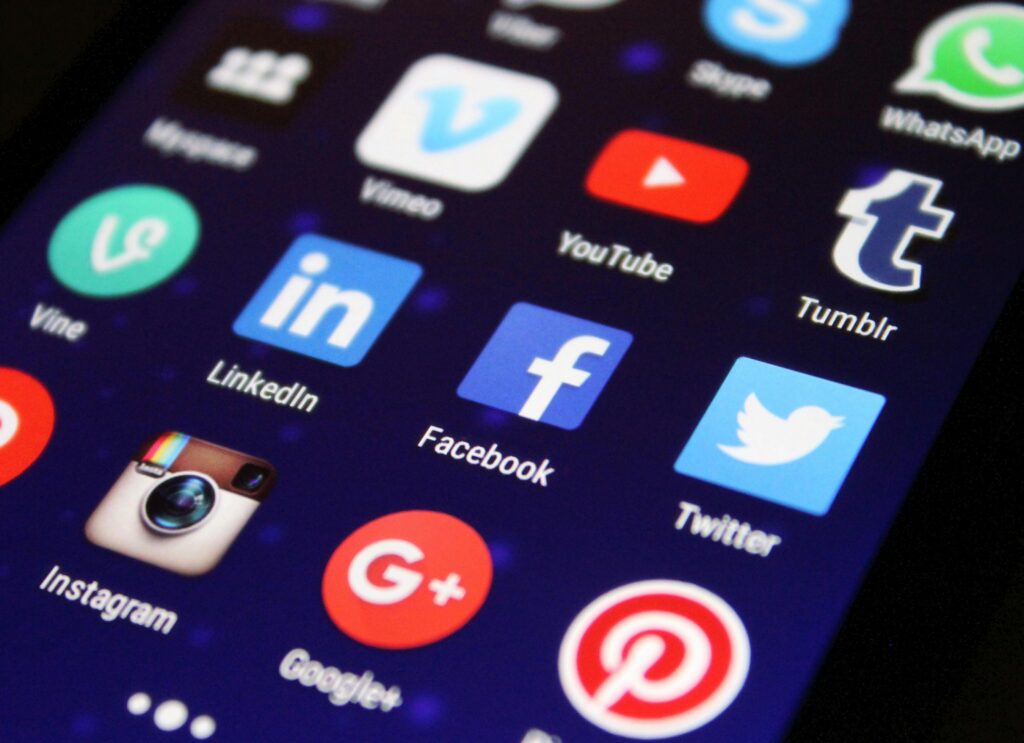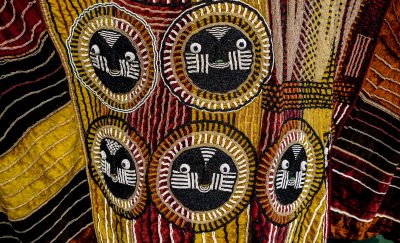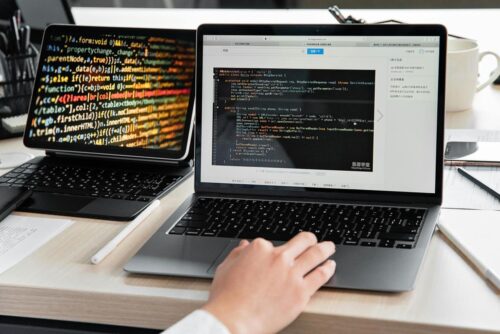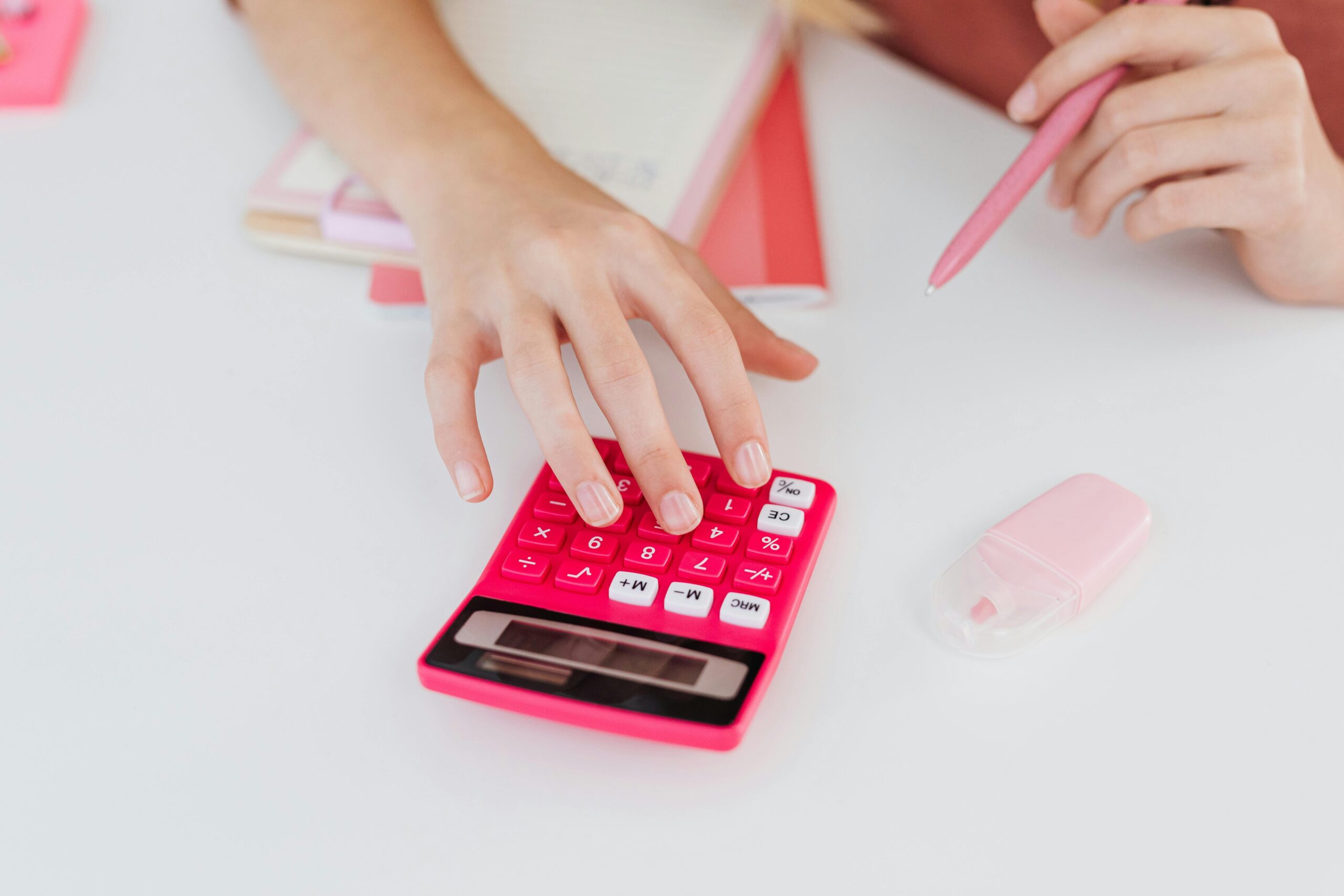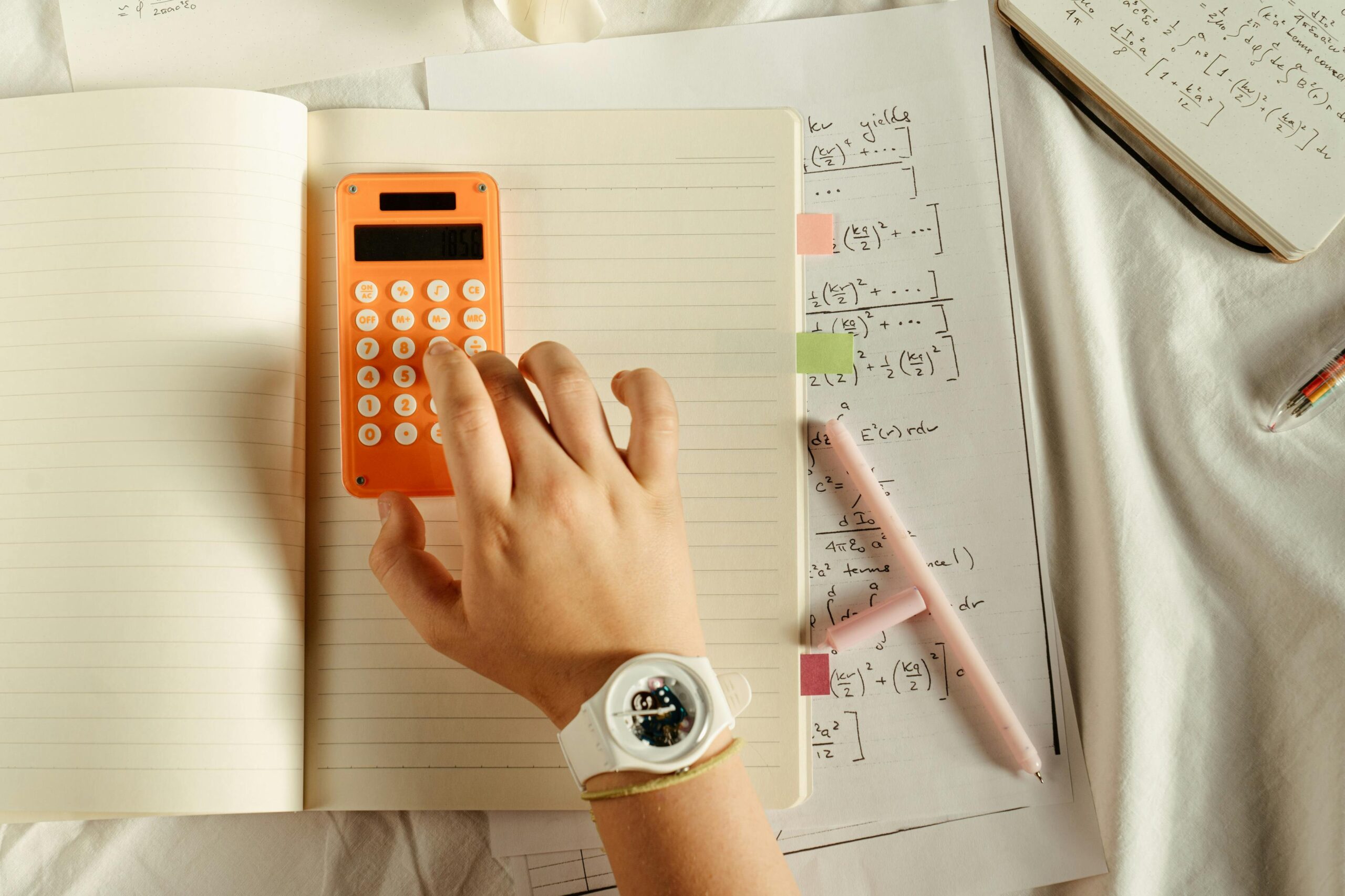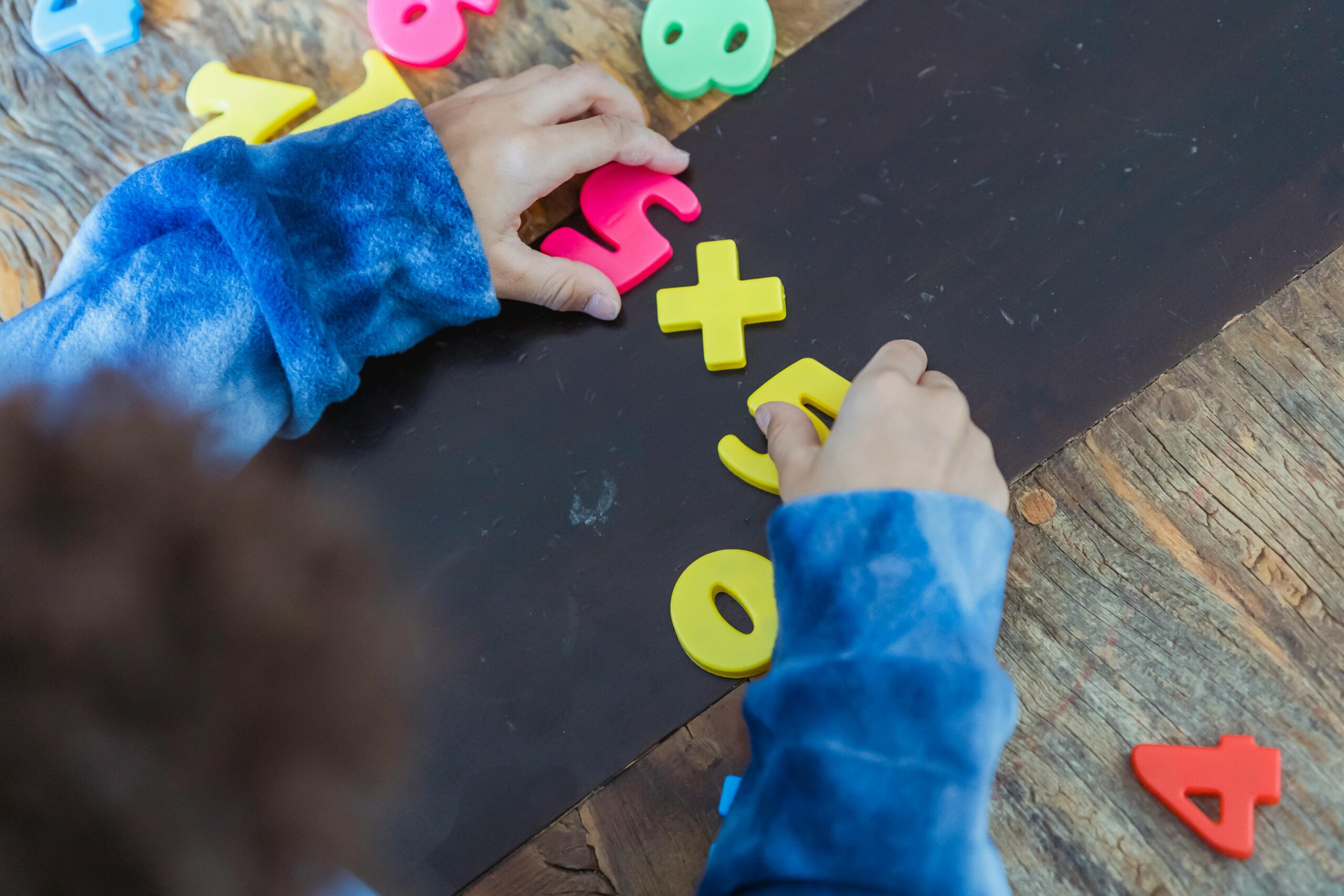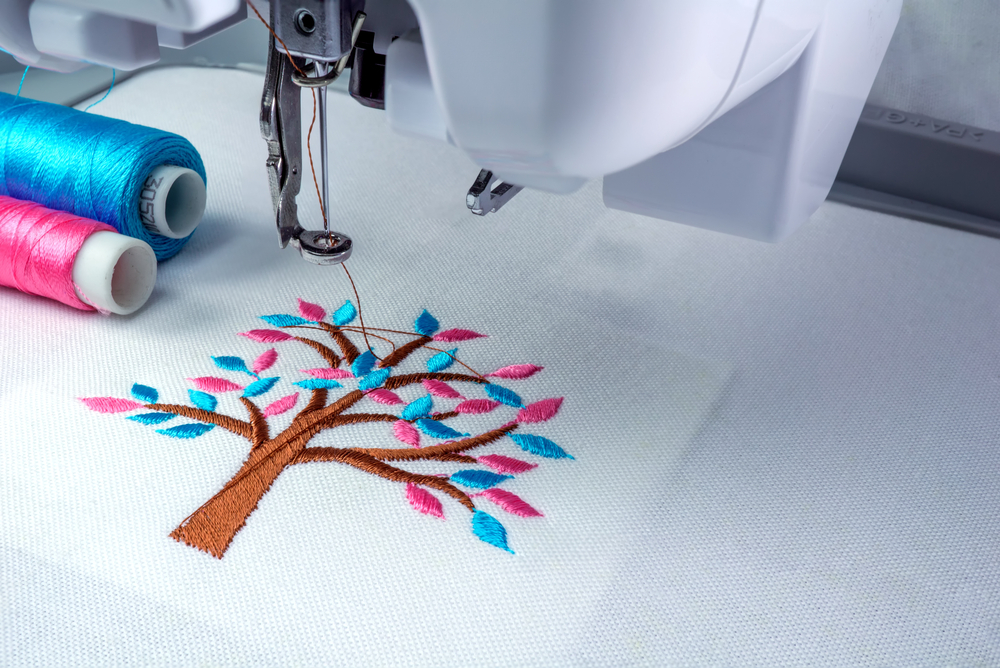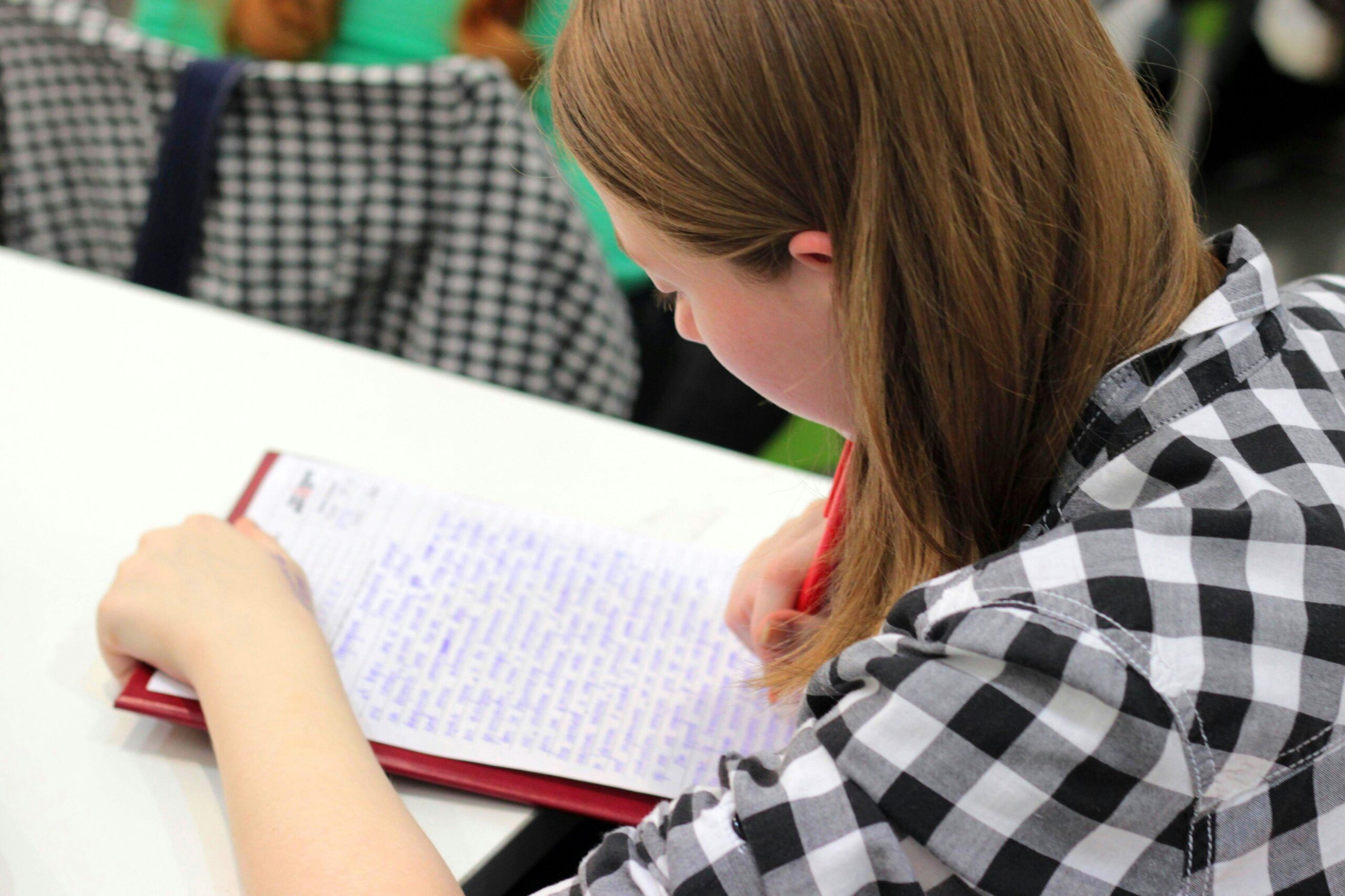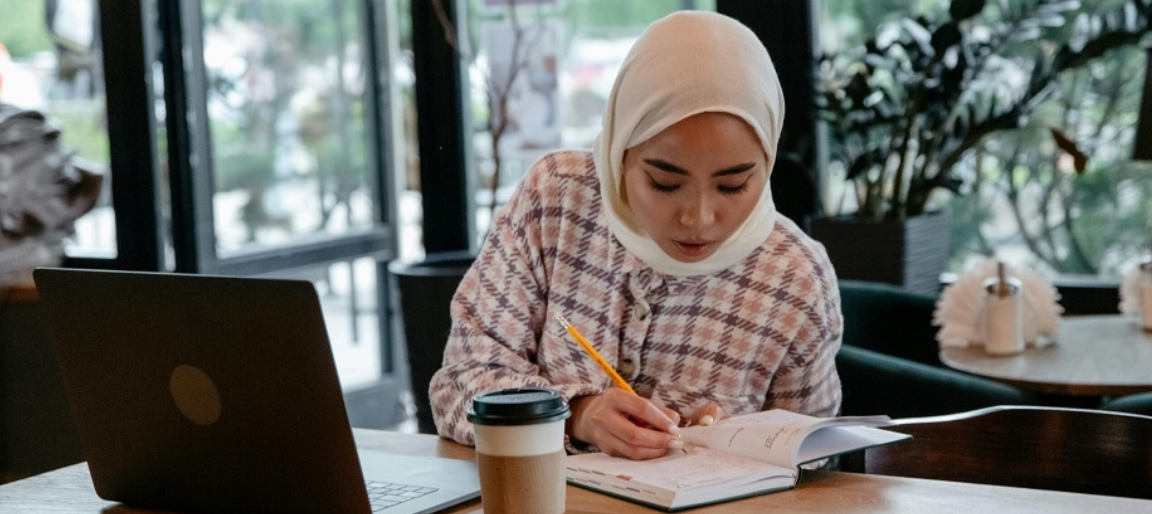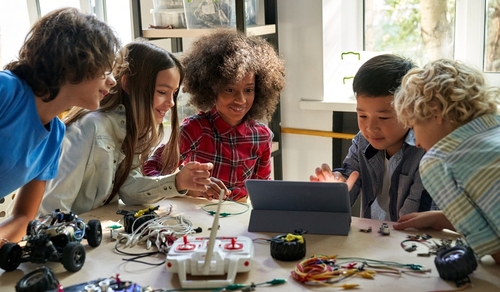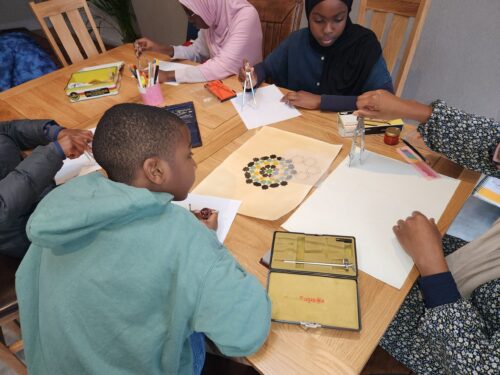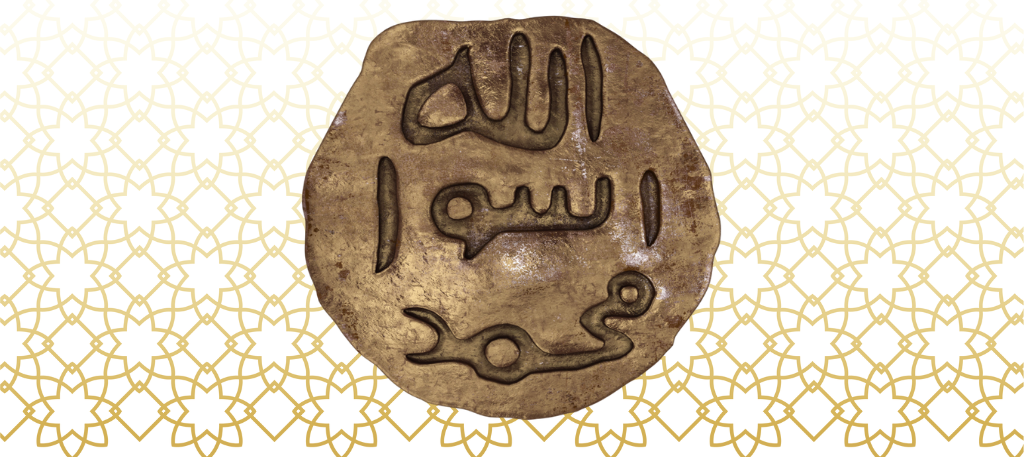This course is designed to empower young adults (Year 9 students, age 12 – 14) to master their use of digital devices, ensuring they control their technology rather than being controlled by it. The course will cover the following topics:
Understanding the Impact
- Exploring both benefits and risks of device usage
- Highlighting the potential harms of excessive device use on cognition, autonomy, and other things.
- Laying the foundation for understanding and managing these risks.
- Introducing methods and tools to start self-monitoring device usage.
Social Media Case Study
- Understand the different types of essays.
- Deep dive into the world of social media, it’s addictive nature, and its impact on productivity and mental health.
- Analysis how social media platforms utilize attention engineering.
- Analysis of social media’s design and its psychological impacts.
Beyond Willpower – Building Strategy
- Understanding the limitations of willpower and the need for strategic changes.
- Exploring strategies to minimize the negative impacts of device use
- Introducing practical tips and tricks and focusing on challenges in implementing these strategies.
The Digital Declutter
- Exploring Cal Newport’s concepts of digital minimalism for and resetting your digital life.
- Identify and reduce non-essential digital activities that hinder productivity and mental health.
- Understanding the roots of screen addiction and fostering a life free from digital dependency.
Finding Balance and Purpose
- The importance of solitude and finding purpose beyond screens.
- The value of solitude, exercises to identify personal goals and interests beyond digital devices.
- The importance of balancing online and offline activities.
- Exercises to rediscover non-digital interests and hobbies, reinforcing the value of offline experiences in enhancing personal growth.
Social Media & Connectivity
- Directly addressing how to control social media usage, a significant aspect of device addiction.
- Strategies for healthier social media use.
- Develop a personalized approach to social media that prioritises intentionality and purpose.
Restoring Cognitive Function
- The impact of digital devices on the brain and focusing on mindful technology use.
- Techniques and practices to rejuvenate cognitive abilities affected by excessive device use.
- Focus on activities that enhance concentration, memory, and overall brain health.
- Understand how to wean your mind from the psychological & physiological causes of screen addiction.
Reflection and Forward Planning
- Share experiences and key takeaways from the digital declutter journey.
- Develop a personal plan for maintaining digital wellbeing and maximizing benefits while minimizing device-related harm.
- Summarising the course’s objectives and ensuring that students are equipped to maintain a life free of device addiction.


